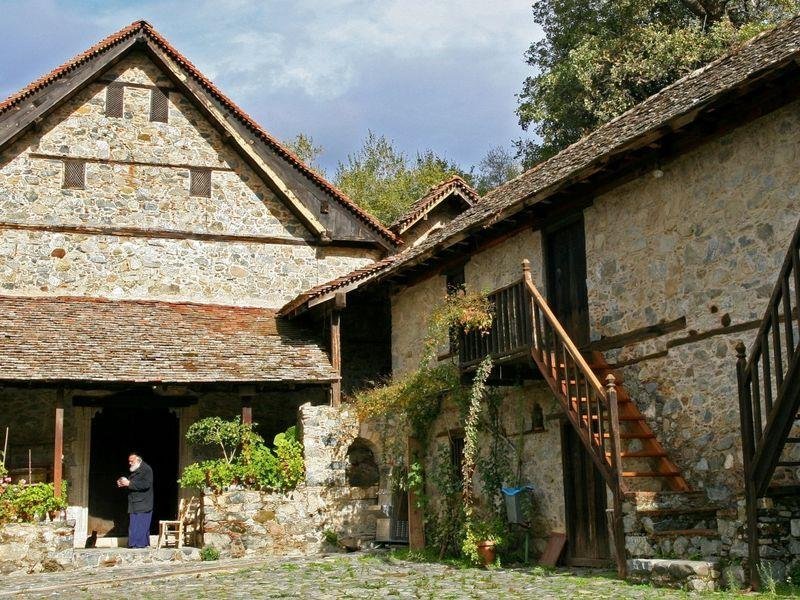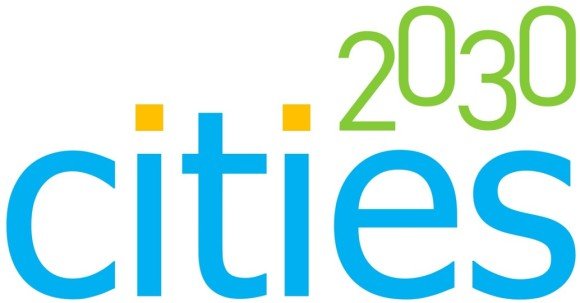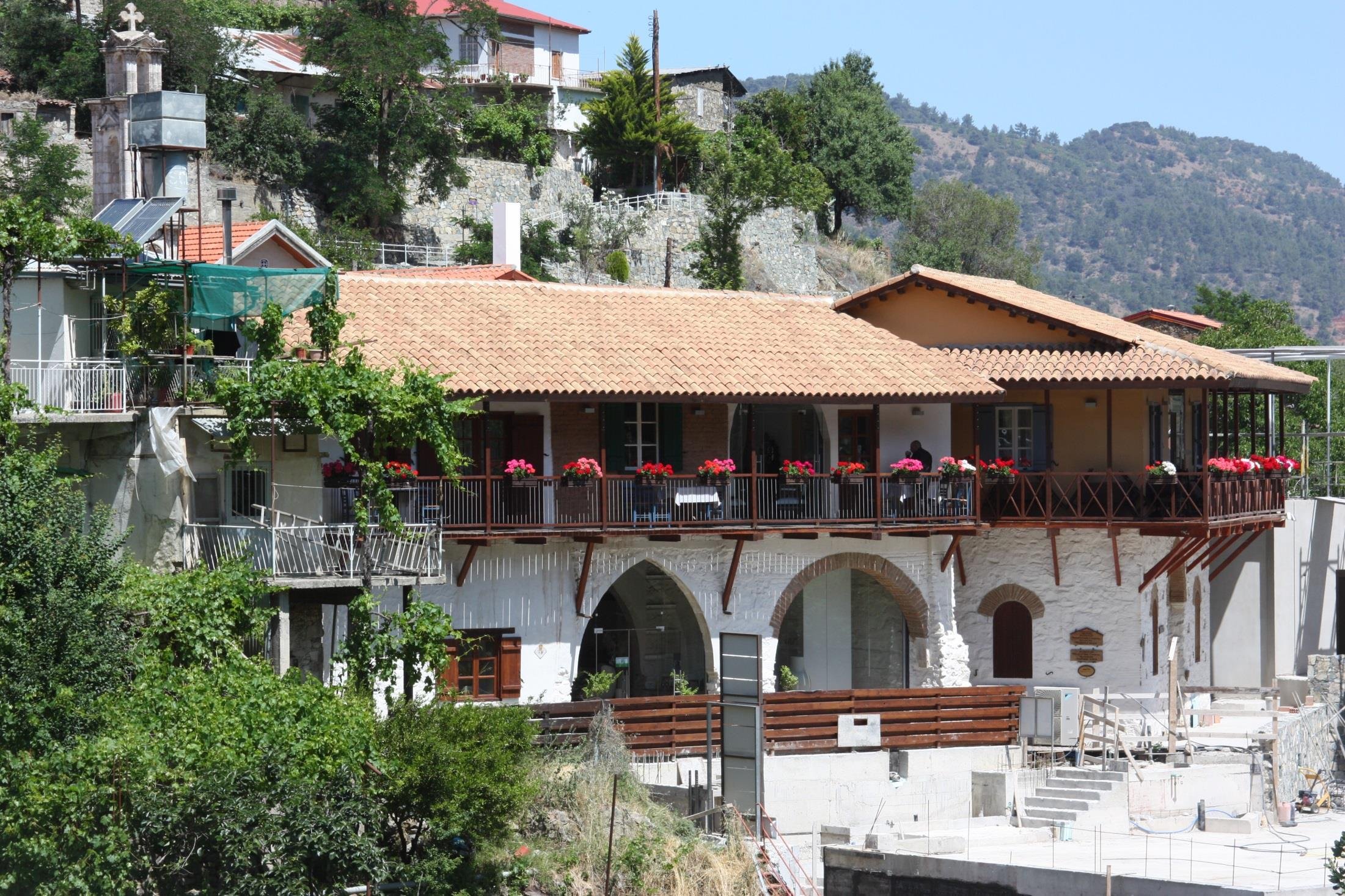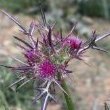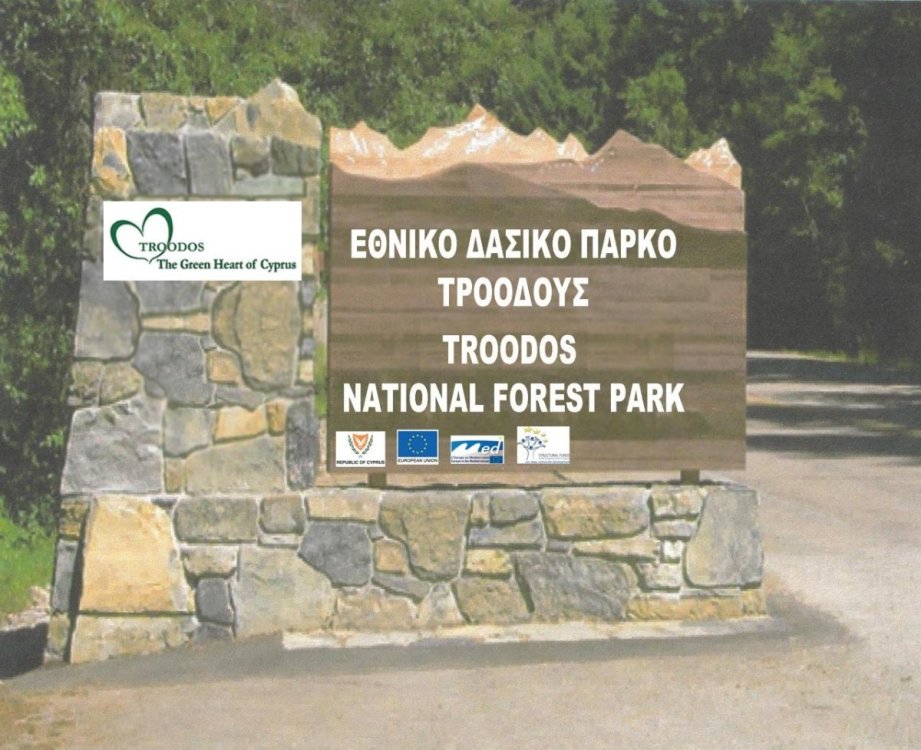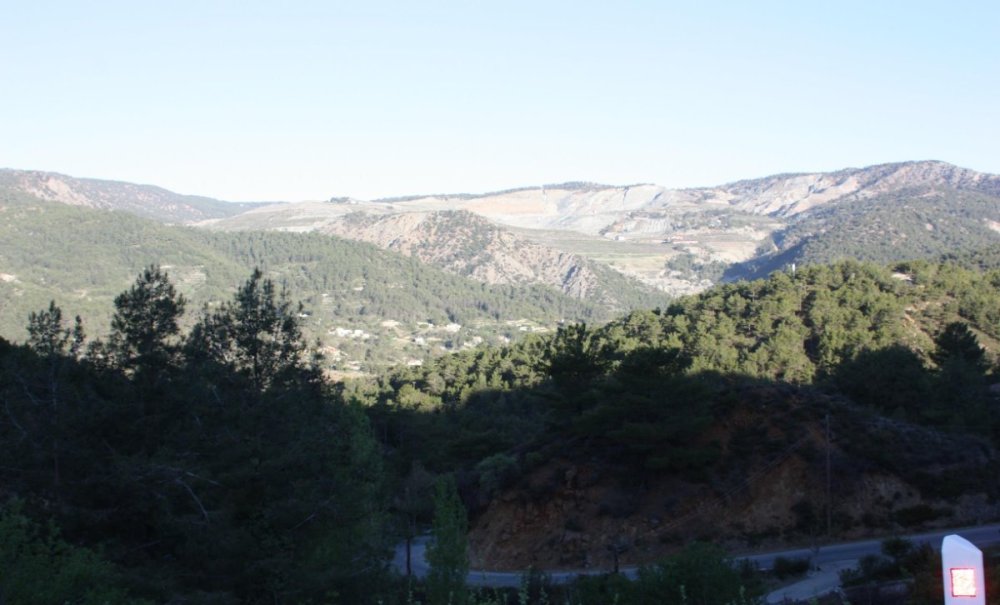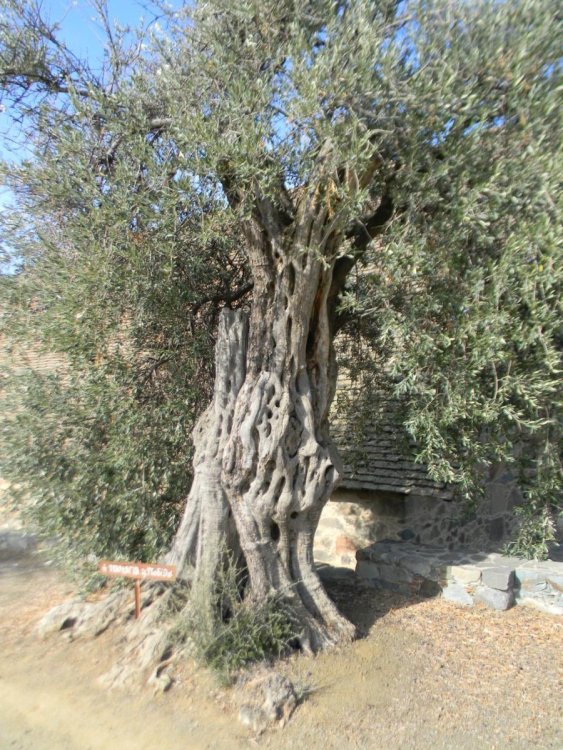Welcome
Basic Facts about Cyprus
The Republic of Cyprus is a member of the European Union an independent country since 1960 but also divided in two by the Turkish invasion and occupation in the Summer of 1974 37 % of the total are is occupied by Turkey and 200.000 people were made refuges. Traditionally the population ( 880,000) is divided between 82% Greek Cypriots and 18% Turkish Cypriots. In addition it is estimated that in the occupied part of Cyprus there are about 150.000 settlers
from Turkey and 100.000 students mostly from Turkey and other Muslim countries. It is at a crossroad faced with a midlife crisis. It’s social and Economic model is out of date in the 21 st Century. A paradigm Shift is urgently needed.
Critical Problems
- Macroeconomic issues Coming out of a very severe crisis and looking into a new slowdown of the global economy due to the COVID 19 pandemic unstable external environment, substantial public debt 100 of GDP), weak banking system
- Microeconomic issues Competitiveness productivity, need to restructure the public sector and make the private sector more focussed and efficient
- Sustainable development Also need to invest more on the sustainable development of the economy and away from the financial services, construction and tourism
Basic Facts about Troodos
The highest Olympus stands a few meters shy of 2000 m All villages in the area except three are not higher than 1000 m. Troodos is very famous among geologists about its geological structure as it emerged from the sea very much like Aphrodite, the Godees of Love. The Mountain Resorts Region, in the center of the island, includes around 70 villages in the sub regions of Troodos, Solia Marathasa Pitsilia and Limassol Vine growing Villages
Common denominator for the sustainable development of tourism in the region is the protection and upgrading of a) The unique natural environment of high ecological value and b) The rich history and tradition of the mountain villages
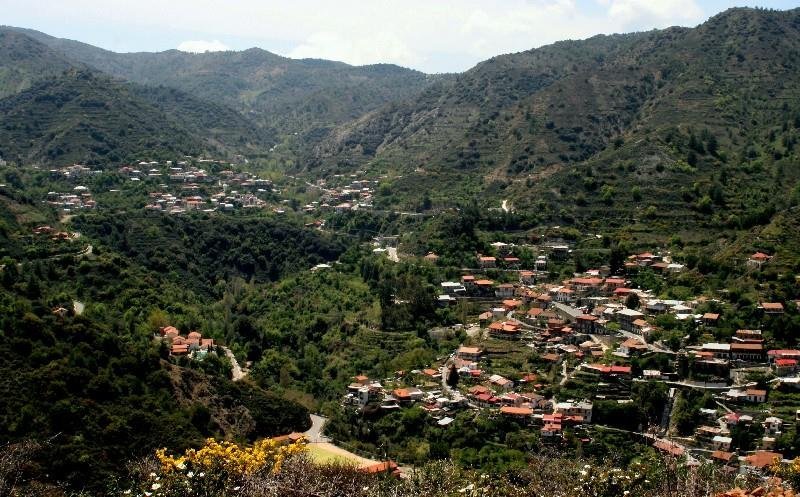
Main Activities
- Agriculture table and wine grapes, olives and olive oil, almonds, walnuts, apples, apricots, pears and other fruit vegetables)
- Processing of agricultural and dairy products wine, oinos zivania koumandaria olive oil, cheese, halloumi, anari chiromeri lountza loucanica posirti sweets, marmalade etc.
- Hospitality
- Industry hotels, agrotoursim restaurants, taverns, cafes etc.
- Work outside the area in the major cities Lefkosia Limassol
Demographic Data
Current Population less than 20 000. Mostly older people, pensioners, widows and widowers. Few young people, families and children. The majority of people with limited primary level education working in agriculture, construction and other manual jobs. Very few college educated or professional people
The villages function as weekend getaways for tourists and part time farmers
Research and Policy Initiatives on Sustainable Development
- Cyprus Research Foundation research projects 2003- 2008 on the Pitsilia Region
- Policy Study on the Marathasa Region 2006- 2010
- Directorate General for European Programmes Coordination and Development Study 2014-2017 Endorsed by the Government
- New study under the Office of the Commissioner for Mountainous Areas 2008-2019
- A lot of work and effort and little to show for.
Action Plan for Pitsilia Region Strategic Goals
- To create a model of sustainable development that could be a model of other mountainous areas
- To stop and reverse the migration away from the area
- To enable individuals and families to return to live and work in the area
- The creation of the necessary conditions for sustainable development
- The adoption of a balanced and well thought out policy for the Island as a whole
- The area of Pitsilia could serve as the model
Troodos and Cities2030
There are two complementary goals for the project (a) the sustainable development of the Troodos Region and (b) carry out meaningful research in the areas of economic sustainable development and wellbeing (healthy lifestyle and eating habits).
Food is very critical for the region as a producer and a consumer. The region grows and exports fruit, vegetables, wine and olive oil and dairy and processed meat products all over Cyprus and internationally. Some of these products are exclusive to the region and carry out the protected Designation of Origin (PDO) label. In general processed meats aren’t considered very healthy but in the case of these traditional products because they use natural additives they are not considered as harmful. Producing and exporting these products is very crucial to the survival of the region.
The other as important issue is that the people who live in the region live longer and have less health issues. This can be attributed among other factors to the diet of the people, the less polluted environment and the reduced levels of stress. We would like to study these factors and add to the body of knowledge of what are the factors of this apparent healthier lifestyle.
Troodos focus areas
- The production, marketing, distribution, exporting and selling of agricultural, dairy, meat and processed meat products.
- Possible new agricultural and foodstuffs that can be cultivated and produced locally for the local population or for export to urban areas and beyond.
- Diet and lifestyle of the people in the region and find what contributes to their longevity and good health. Try to transfer these to the urban areas if possible to help city folk improve their lifestyles and health.
- Promote the sustainable development, growth and employment opportunities in the region as a tourist destination and as a place where people choose to live and raise a family or retire.
| Main challenge | Subchallenge#1 | Subchallenge#2 | Subchallenge#3 |
| strengthen innovation in relation to more climate-friendly food | have a large focus on local food producers | reduce food waste in public homes, restaurants and public kitchens | create knowledge about sustainable food both among restaurateurs and students in school |
